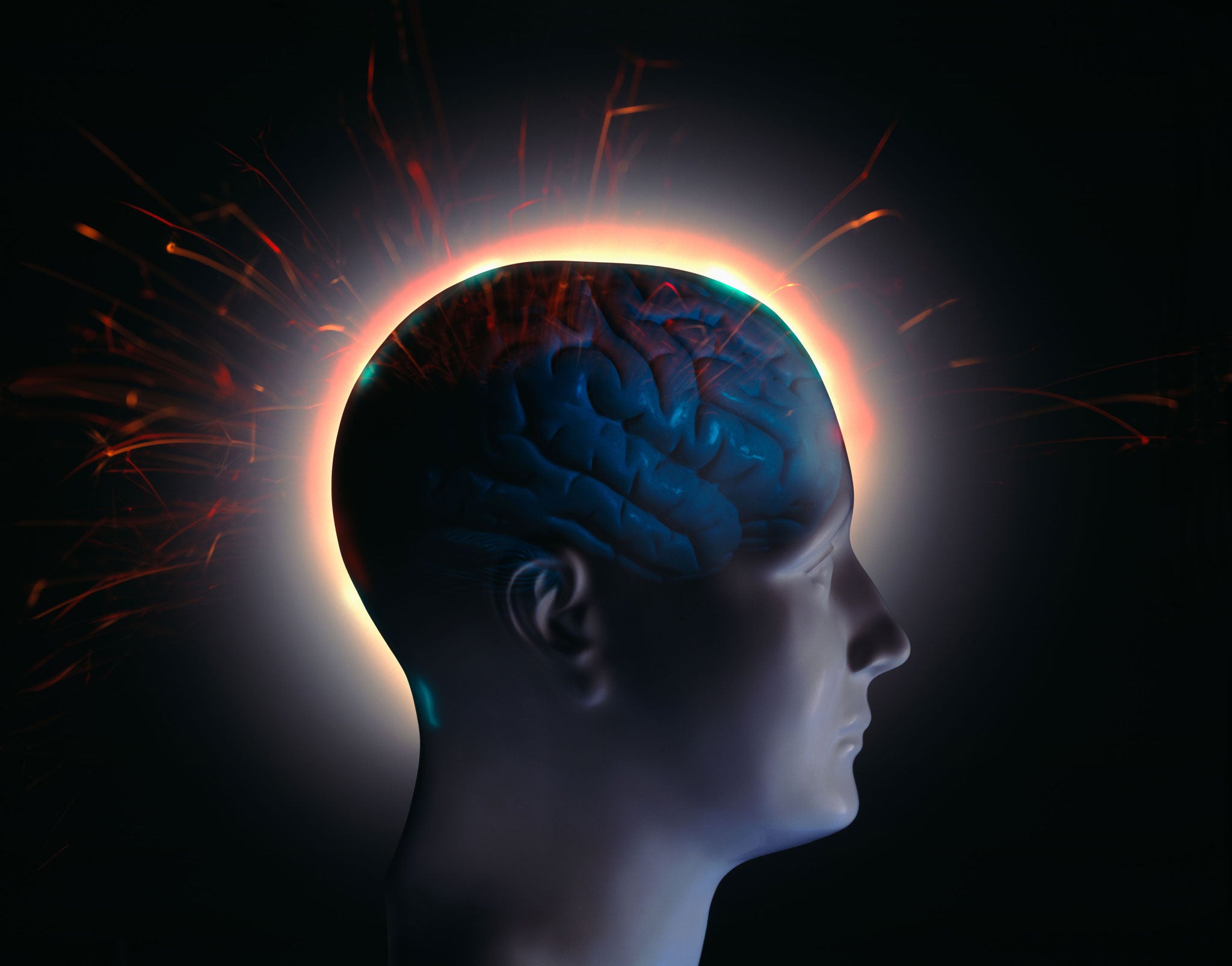Glow by Ned Beauman, book review: This novel showcases a masterful command of the English language, yet lacks weight

Ned Beauman's worlds are recognisable: they are unhinged, over-whelming and brilliant. In his first novel, a swastika-blazoned beetle led aristocrats, eugenicists and a five-foot, nine-toed boxer on a caper through thirties Britain; his second followed struggling artist Egon Loeser in his pursuit of the bewitching Adele Hitler, unfolding a trail of mayhem that stretched from pre-war Berlin, 17th century then 1930s Paris, and 1930s L.A., to an indeterminate point in the future.
In Glow, Beauman's first novel to be located solely in the present day, Raf, a twenty-something Londoner afflicted with a sleep disorder alights upon a series of intriguing occurrences: a drug called "glow" which enhances your brain's reaction to light, a mysterious girl called Cherish, Burmese strangers loitering around his local radio station, and a number of white vans that are kidnapping people. It all boils down to a Burmese mining corporation's attempts to monopolize control of glow by liquidizing the Burmese community producing it in south London.
Beauman has taste: his antennae are acutely tuned to the stylish and resonant. And having assembled his cortege of ideas he has an ingenious way of effecting their interpenetration. In Glow these ideas are: light, sound, frequencies, neurochemistry, pattern, synchronization, disruption, real and fake. Like Tom McCarthy's C, Glow is concerned with communication in all its minute and multitudinous forms, its equations and correspondences.
This attention to detail is evident in the surface of the novel: metaphors are dazzlingly original – a bus's windows so bright they are "like a goods vehicle hauling not flowers to market but bulk photons", a broken windscreen "diamonds of safety glass which with this morning's rain has mingled an alluvium of damp white blossom and a few fronds of synthetic wig hair caught on a chicken bone, like the shattered remains of a tribal fetish" – though it may not be to everyone's taste. Beauman gets off on words the way others get off on porn: words like "cloacal", "entactogenic", "ouroboros", "capsaicin" and "cognatic", as well as discussions about vector algebra, open-source bio-rhythm generators, suprachiasmatic nuclei, vectors of influence and input-agnostic flow mathematics.
Raf, the anti-hero, is lovelorn and socially disadvantaged. Beauman's protagonists seem to be versions of one person but it doesn't matter; he is not interested in character, only in constructing a vehicle for the exploration of his ideas – and why shouldn't he when the ideas are so ingenious? There are some instances in Glow however, where the general implausibility interferes with our enjoyment: the successful attempt of former PR man Fourpetal to milk a former colleague for information at a climbing gym, for instance, or the fact that the production of glow depends upon foxes eating a weed and their excreta being purified – or that the foxes themselves are becoming more human as a result of this.
The plot too, while impressive, is littered with connections that seem too felicitous. This did not matter so much in Beauman's previous novels, perhaps because they were not set in the present; here the Burmese sections dragged, the jargon was sometimes tedious, I didn't care about the characters. I didn't care about the characters in Beauman's other novels either but it didn't matter because I was enjoying myself.
Is Glow's message that the "material interests" mentioned in Conrad's epigraph cannot help but be inherently corrupt (Cherish's dreams of a "benign narco-state" can only be accomplished by jettisoning innocent lives)? Is it of modern-day paranoia, "a fear in a brain in a head in a hood in a call in a warehouse in a city"? Or that we are creators of our own reality, nothing but "a drowsy and gullible consciousness floating through its own depthless improvisation"? But in a book that foregrounds hijacked communication, has a radio station called "Myth FM", and states: "we live in those distortions", perhaps the very idea of a message at all is a foolish one.
If Glow lacks anything it is weight, the sense that behind the glittering display there is something enduring. But few novels have weight; weight would hinder Beauman's fantastical machine in its glorious flight. Glow does not glow – it dazzles; but I was unsure about what remained after the mind-bending effects of the trip had worn off.
Join our commenting forum
Join thought-provoking conversations, follow other Independent readers and see their replies
Comments